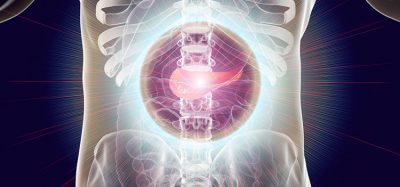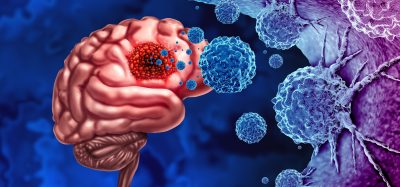ACE2 receptor opens up precision approach against COVID-19
Posted: 26 November 2021 | Anna Begley (Drug Target Review) | No comments yet
Researchers discover a new precision strategy to hinder the infection of the coronavirus, leading to the filing of a new drug patent.


A collaboration between numerous universities in Italy, including the Istituto Italiano di Tecnologia (IIT), Scuola Superiore Sant’Anna (Sant’Anna School), University of Milan, has lead to the discovery has led to a new precision strategy to hinder the infection of the coronavirus and its rapid spread between cells. Their findings has already resulted in the development of a new drug for which a patent has been filed.
Scientists have previously studied the possibility of preventing the progressive advancement of infection by any variant of SARS-CoV-2, blocking the ACE2 receptor, the “door” that the coronavirus uses to enter human cells.
NEWS: Replication proteins a potential new target for COVID-19 vaccines
In this study, the team have patented a new approach involving three-dimensional (3D) docking in silico experiments and biochemical assays, the first piece of which will become a drug based on the use of a DNA aptamer, a short oligonucleotide strand, able to bind specifically to residue K353 of ACE2 making it inaccessible to the spike (S) protein of any coronavirus. The drug is detailed in Pharmacological Research.
The team have already identified two anti-K353 aptamers that are capable of dose-dependently inhibiting the binding of the viral spike protein to human ACE2 and thus effectively preventing cell infection.”
Furthermore, the team have already identified two anti-K353 aptamers that are capable of dose-dependently inhibiting the binding of the viral S protein to human ACE2, thereby effectively preventing cell infection.
“Thanks to this study, it will now be possible to develop a new precision therapeutic approach to prevent COVID-19 infection in a severe form, without stimulating the immune system or having important side effects related to the most popular drugs consisting of monoclonal antibodies or other therapeutic proteins,” the researchers commented. “In this sense, in fact, the potential toxicities of nucleic acids as drugs are far less than other innovative drugs such as monoclonal antibodies or other therapeutic proteins.”
Related topics
Antibodies, DNA, Drug Development, Drug Targets, Precision Medicine
Related conditions
Covid-19
Related organisations
Istituto Italiano di Tecnologia (IIT), Scuola Superiore Sant'Anna, University of Milan








